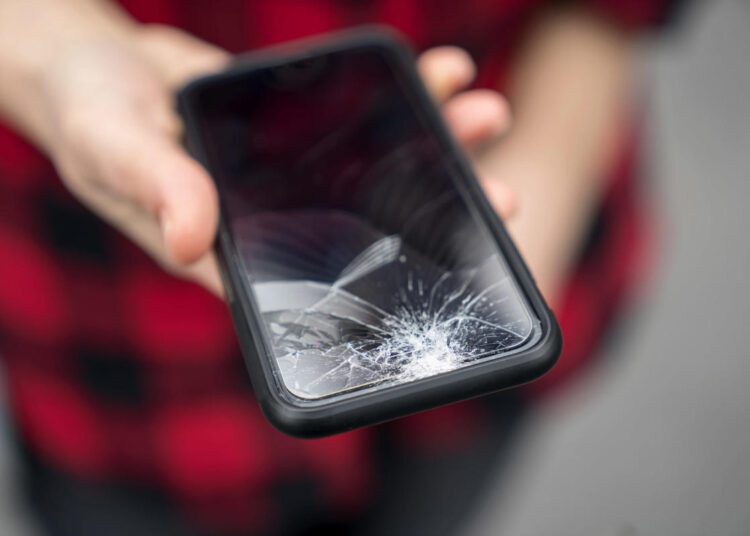SAN FRANCISCO – Researchers in Canada are currently working on developing self-healing polymers for cell phone screens. The aim is to automatically heal scratches or cracks, in turn increasing the lifespan of smartphones.
The team of researchers at Concordia University in Montreal, Canada, led by doctoral student Twinkal Patel, has developed self-healing polymer networks that are already producing good results at room temperature, which is a real challenge, AFP reported.
If successful, this new technology would not only benefit cell phone users and save them money, but also significantly extend device lifespans and save raw materials by reducing the number of replacement screens produced.
Note that these new polymers could also be used to improve the lifespan of cell phone batteries in the future. Indeed, they can store energy and convert it into electricity when repeated movement is applied. In absolute terms, this could one day let users recharge a device battery automatically, simply by walking.
Research into self-repairing polymers has already led to a first direct application at BMW. The German carmaker has covered the front grille of its new BMW iX electric SUV with a polyurethane coating that can automatically erase slight scratches within 24 hours at room temperature or in less than five minutes under hot air (a hair dryer, for example).






Discussion about this post